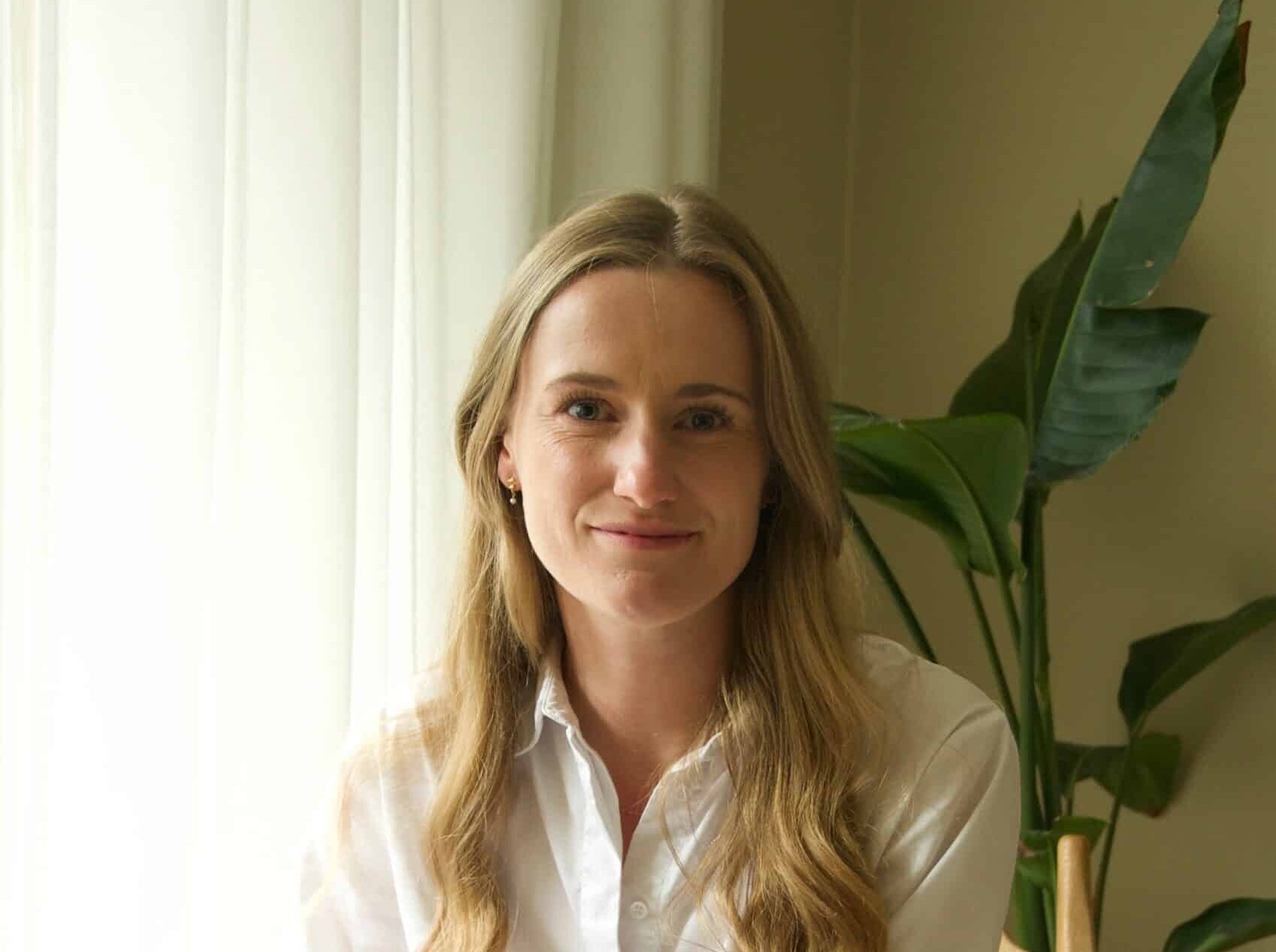Name: Sille Prinds
Title: Manager
Company: KPMG Danmark
Please introduce yourself
Let me introduce myself through a fun fact. My full name is Maria Sille Hylander Prinds. However, my first name was a name my parents took in exchange for a pram. Therefore, most people – myself included – call me by my second name, Sille.
In terms of my education and professional background, I am 29 years old and have earned a bachelor’s degree in Media Studies from Aarhus University as well as a master’s degree in Information Technology from Aarhus BSS. Currently, I work as a Management Consultant at KPMG where I specialize in IT implementations, specifically within CRM (Customer Relationship Management) systems. My role involves helping clients improve their sales and service operations.
How did you imagine your career when you were around 20 years old?
When I was around 20 years old, I imagined myself working with broadcasting and producing content for television. However, during my bachelor I realized that my passion lies more specifically within emerging technologies and the implications for our everyday practices.
What does a day in your life look like in your current role?
My work involves diverse engagements with clients in rapidly-evolving environments, meaning that no two days are the same. This unpredictability offers the opportunity to work with clients at the forefront of digital transformation, exposing me to new challenges that push me to learn, develop and grow professionally every day.
My role encompasses a range of responsibilities, including more strategic and management-focused tasks such as facilitating workshops, translating business requirements into technical specifications, and project management, as well as more technical responsibilities such as configuring solutions, demoing proof-of-concepts, and managing data. This hybrid role has allowed me to bridge the gap between IT and business and help our clients grow with valuable solutions that support them in their daily work.
What motivates and excites you the most about your career path and the leadership position you hold?
What motivates me most is PEOPLE. I generally have a very people-centric approach meaning that I think people before technology in everything I do. At the end of the day, the solution is purposeless and might not be adopted as intended, if you don’t put people at the centre of the implementation process, prioritizing their needs, concerns and opinions.
Additionally, my people-centric focus permeates the way I work and interact with colleagues. I believe that working in a strong team where you have a close, inclusive and respectful relationship with your colleagues leads to better performance, collaboration and overall well-being.
Share with us the biggest lessons you learned on your journey to where you are today.
My biggest lesson has been to be patient and “allow” myself to be just as ambitious in my personal life as in my professional life. Personally, I’m extremely ambitious, perfectionistic and impatient, which has proved to be a dangerous combination – at least for me! It has taught me the necessity of evaluating my priorities and pursuing personal achievements in the same way as my professional goals. There will always be more work to be done and goals to be reached, but it’s important to strike a reasonable balance between work and other activities. This turned out to be crucial when I became a mother of twins around two years ago.
I’ve also found that prioritizing my non-work-related ambitions positively affects my professional ambitions. Contrary to the notion of having to choose one or the other, there is no need to limit oneself to either career or personal achievements.
Tell us about a role model who inspired you to become the leader you are today
I believe that we in Denmark have several past and current women in political leadership, who act as role models and motivate me to challenge status quo and to leave a positive impact on society. Especially Margrethe Vestager, EU Executive Vice-President and Commissioner for Competition, inspires me by fighting for global digital policy in the intersection of people, technology and business. This is a topic I find truly important, and the agenda reminds me to always act with integrity in my everyday work. Furthermore, I am inspired by her attitude and approach to leadership.
If you could give one piece of advice to your younger self, or to students today, what would it be?
Use your humility as an asset, not as a hindrance. When starting your first job after graduating, it can be overwhelming and even intimidating. Especially working as a woman in tech. But it is important to have the courage to stay curious, ask questions and approach tasks and opportunities with humility. It doesn’t mean that you should underestimate your knowledge or doubt what you bring to the table. When used correctly, humility can be a very advantageous quality, as it (at least from my experience) shows courage, builds trust and supports a growth mindset.
How do you see STEM education shaping the future?
I see STEM educations as creating the talents, who will invent and shape the digital and technical solutions that solve the ever-changing challenges that we will face in the future.
Why is it important for you to promote diversity and inclusion within STEM?
STEM is often associated with industries working with challenges that typically have one correct answer only. But in fact, it is not (or at least rarely) the case. And in order to be more creative and innovative, when solving the challenges of tomorrow, we need more perspectives on the table. Diversity brings exactly that.
